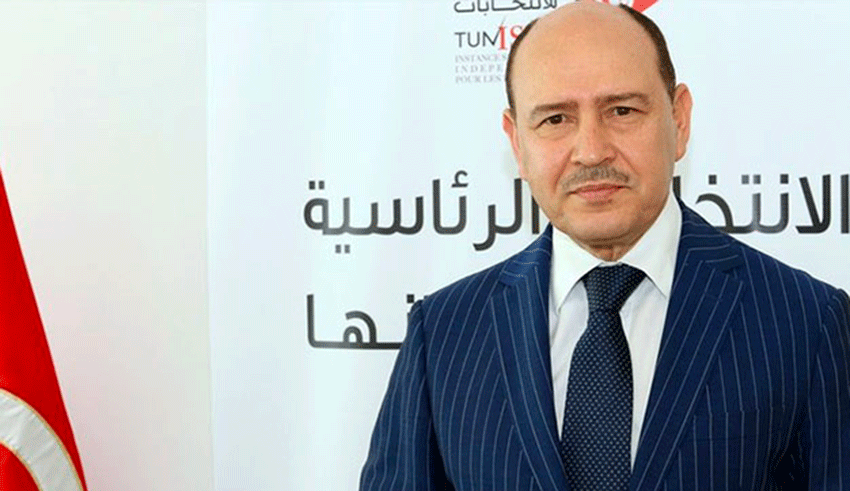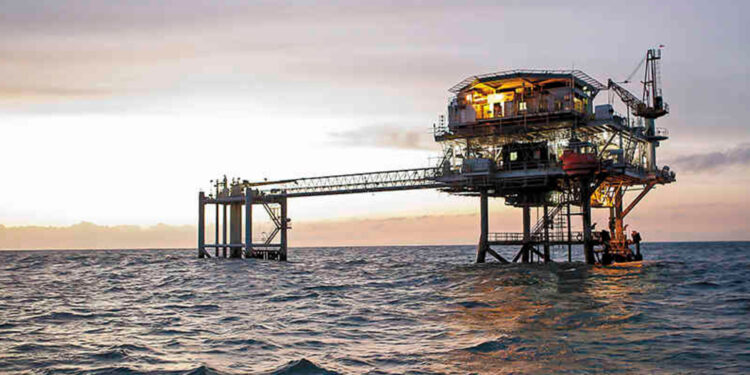Tunisia is set to hold its next presidential election on October 6, marking a pivotal moment for the nation under President Kais Saied’s contentious leadership.
This will be the public’s first opportunity to evaluate Saied’s tenure, characterized by economic struggles and a notable shift towards authoritarianism.
President Saied, elected in 2019 on a populist, anti-corruption platform, has not yet disclosed whether he will seek a second term.
His first term has been marked by significant changes that reversed many of Tunisia’s post-Arab Spring democratic gains.
These reforms included rewriting the constitution to consolidate his power and imprisoning numerous critics, including members of the largest political parties.
Two years ago, Saied dissolved the parliament following a virtual session held by lawmakers from the opposition Islamist party, Ennahda, which sought to annul his actions from 2021.
He argued that Tunisia faced “imminent peril” due to protests and economic issues, leading him to govern by decree.
Crackdown On Opposition
Over the past year, more than 40 of Saied’s critics and political opponents have been jailed on various charges of conspiring against the country’s security.
Rached Ghannouchi, the leader of Ennahda, was sentenced to three years in prison earlier this year for allegedly using foreign funds to support his party’s 2019 political campaigns.
This sentence was added to a previous 15-month term for charges of supporting terrorism and inciting hatred.
Tunisia’s main opposition coalition, the National Salvation Front, which includes Ennahda, has declared it will not participate in the presidential election unless Saied releases political prisoners and restores judicial independence.
The coalition has expressed serious concerns about the fairness of the upcoming election under the current administration.
Despite these tensions, several political figures have announced their candidacies for the presidency.
Abir Moussi, leader of the right-wing Free Destourian Party, is among them, though she is currently in custody on charges of disturbing public order.
Another candidate, Lotfi Mraïhi of the Republican Popular Union party, is also running despite facing a warrant for alleged money laundering.

Reports indicate that Mraïhi and his party’s secretary-general are accused of smuggling profits abroad and opening unauthorized foreign bank accounts.
This investigation is linked to previous allegations of soliciting election sponsorships in exchange for money.
The secretary-general admitted to assisting Mraïhi in transferring funds to his overseas accounts, leading to her detention for up to five days, with potential extensions as investigations continue.
Meanwhile, Mraïhi remains under scrutiny, with authorities actively pursuing further inquiries into these allegations.
For free and fair elections, the opposition stresses the necessity of releasing imprisoned politicians and safeguarding journalists’ ability to work without interference from the government.
“Kais Saied from now until the elections has a long list of individuals, associations, parties, and journalists whom he will gradually criminalize to always maintain the sympathy of his electoral base,” said Romdhane Ben Amor of the Tunisian Forum for Economic and Social Rights (FTDES).
“The regime’s machinery is operating very efficiently, meaning it devours anyone who has a critical perspective on the situation.”
Romdhane Ben Amor
As such, the nation’s economic woes, combined with Saied’s controversial consolidation of power, have created a complex and contentious atmosphere.
The upcoming election will be a critical juncture for the country, determining whether Tunisia can reclaim its democratic promise or continue its drift towards authoritarianism.
Also, the outcome of the elections could resonate beyond its borders, potentially influencing other nations grappling with similar democratic challenges.
READ ALSO: Gov’t Needs Between$600m-$800m for Ghana’s External Debt Service in 2024




















